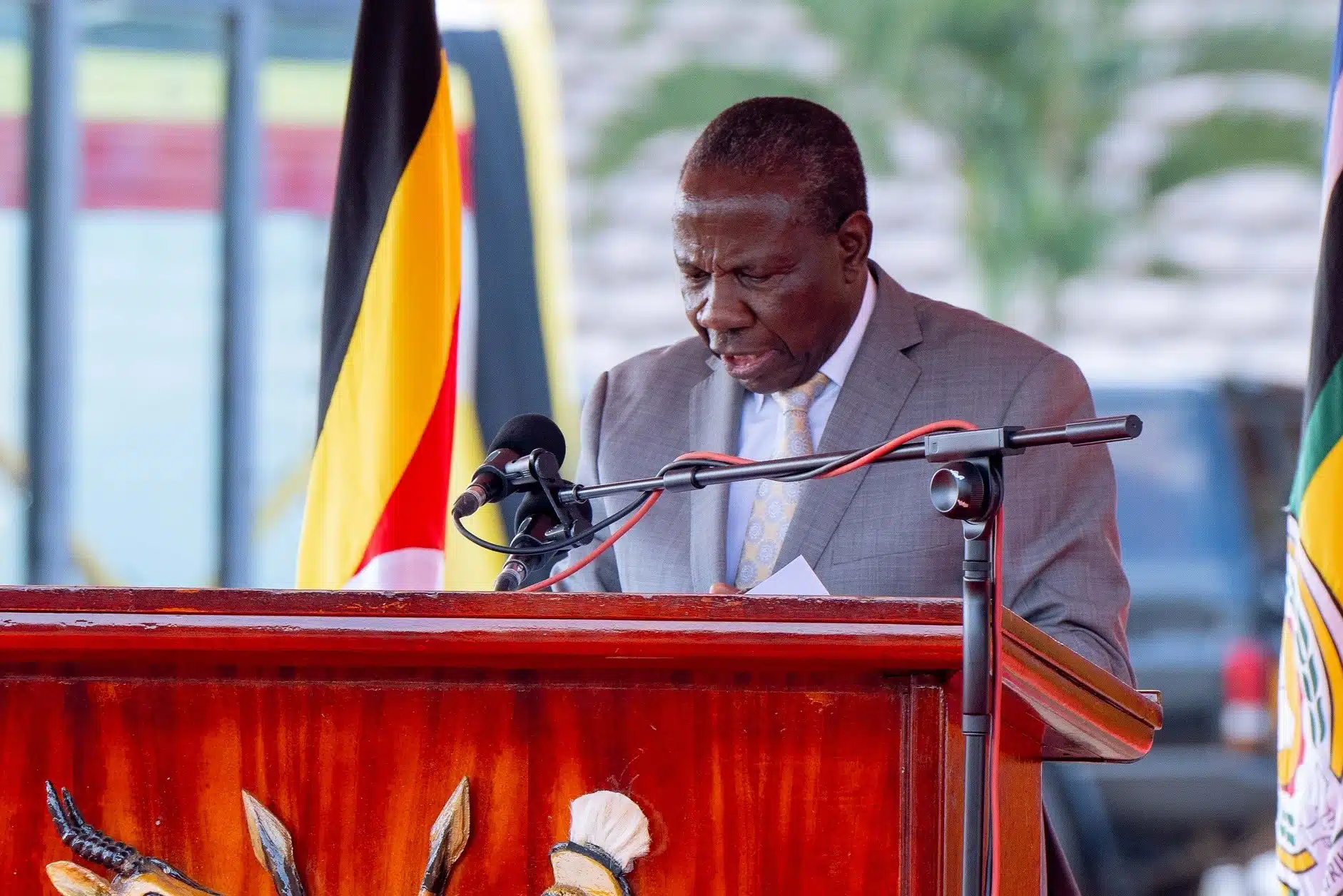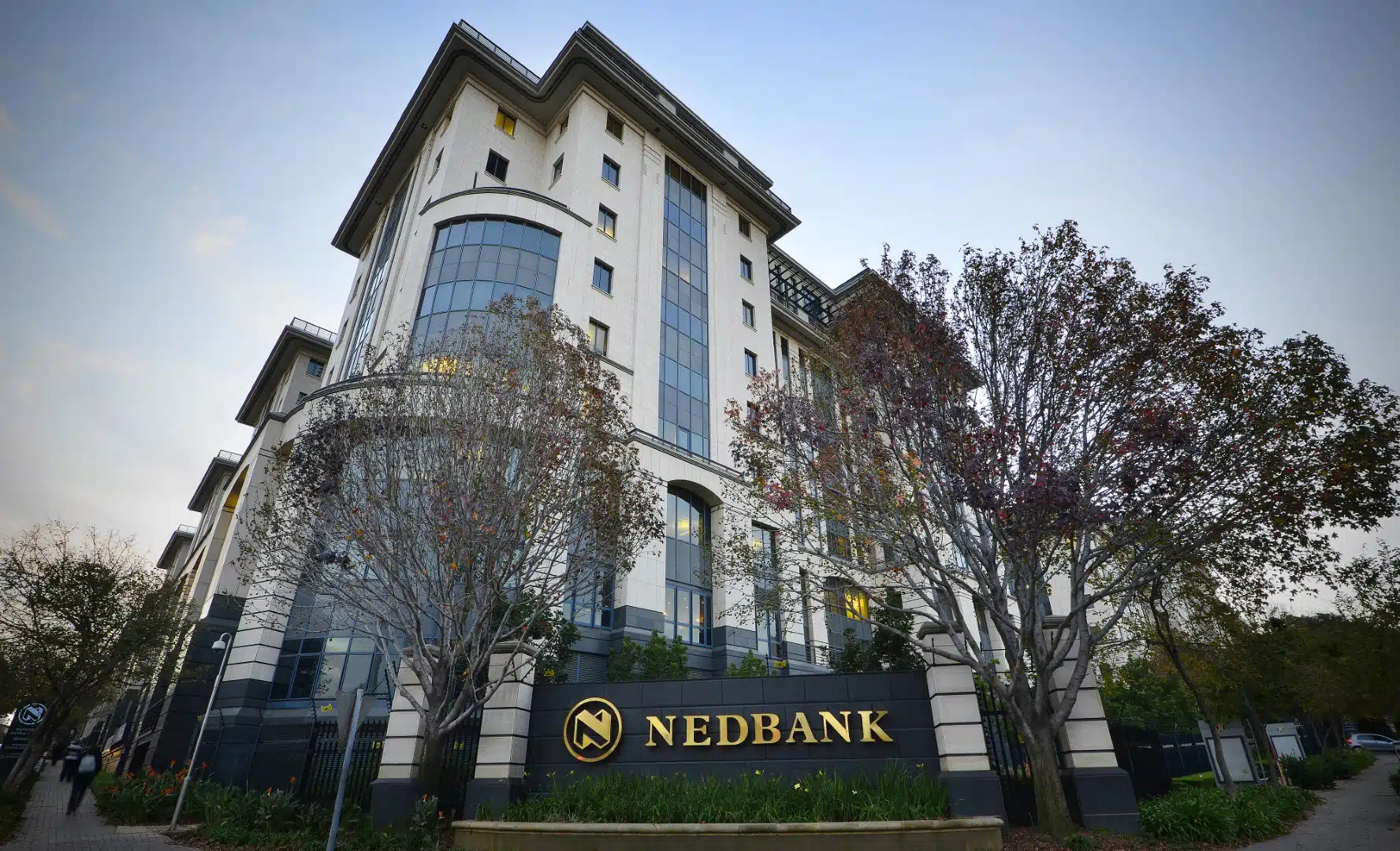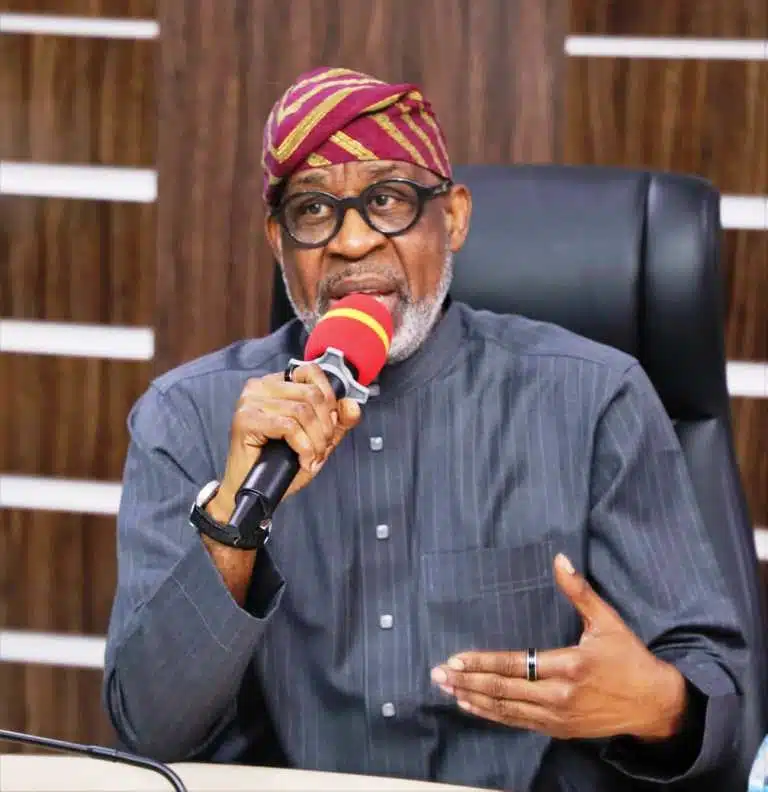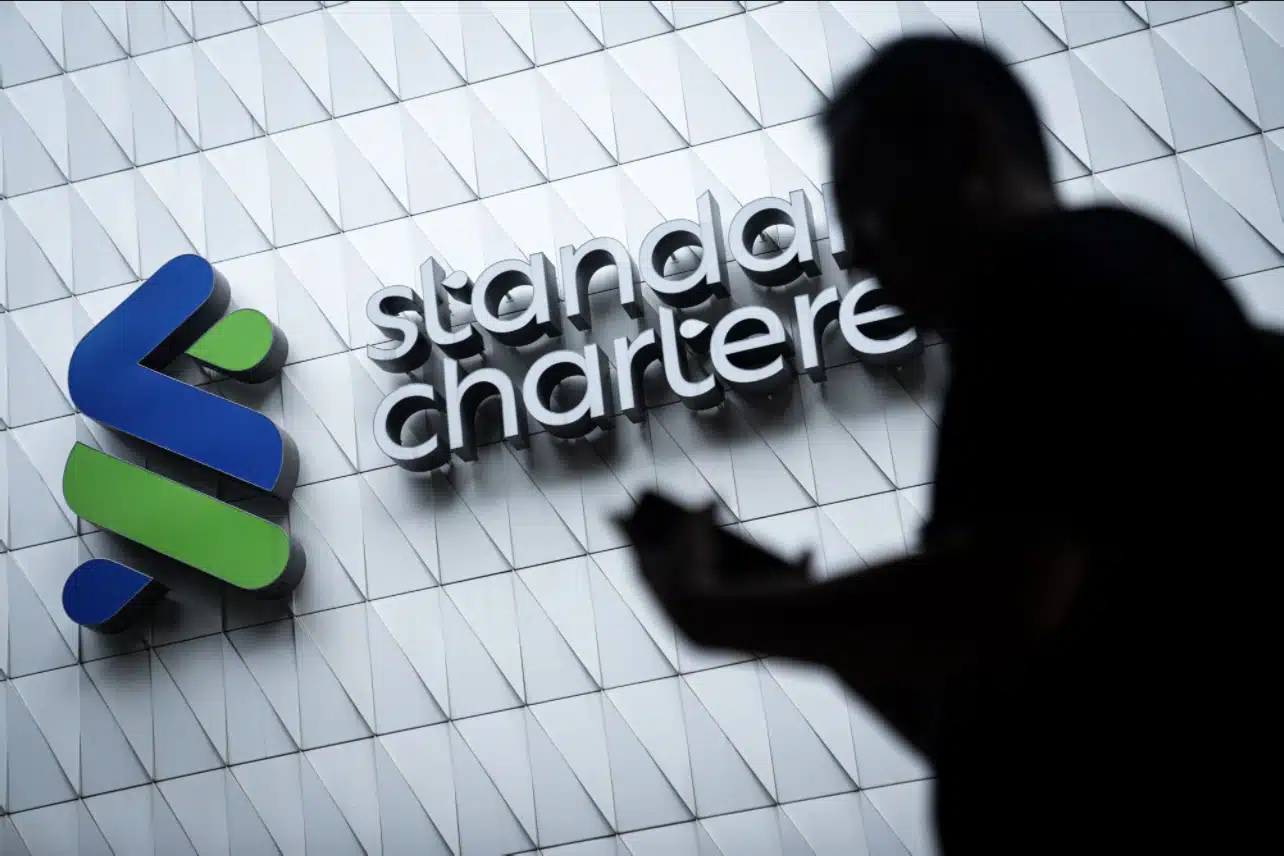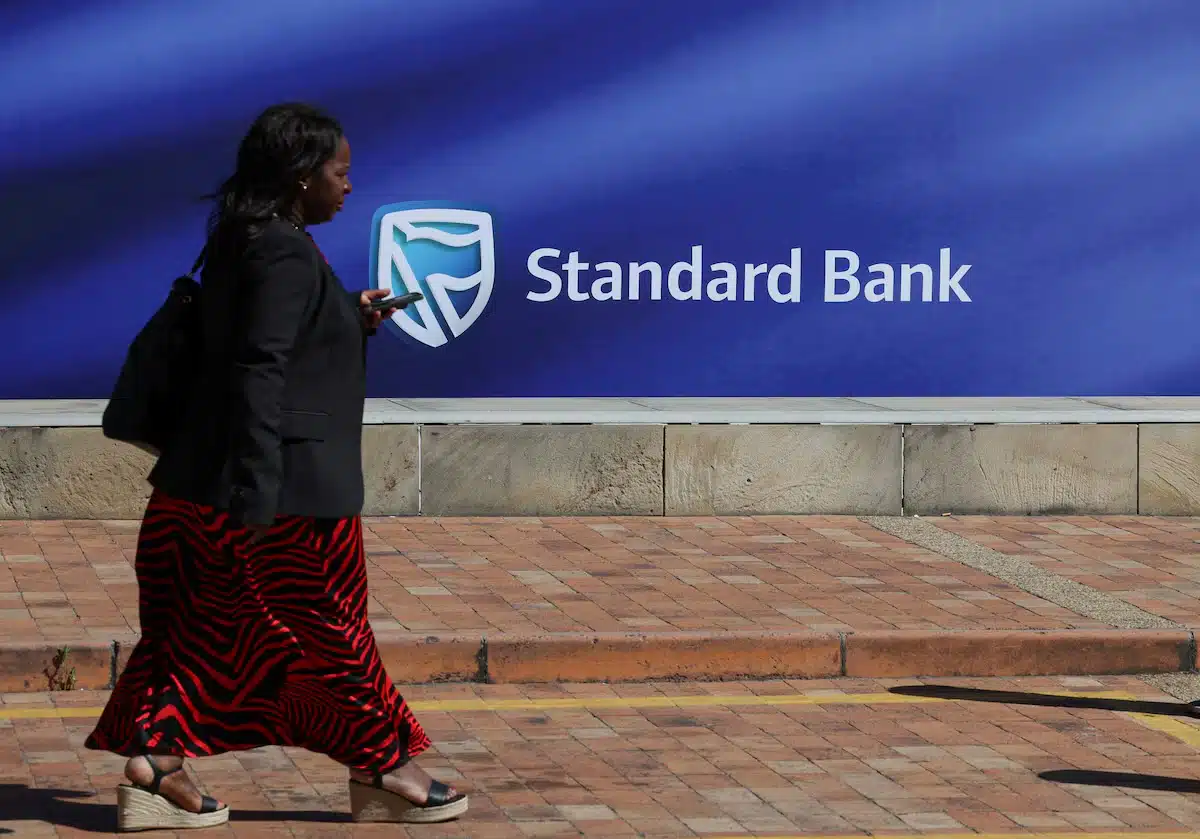Uganda has secured a €230 million ($271 million) syndicated loan from three African lenders — Ecobank, FirstRand Merchant Bank, and the Development Bank of South Africa (DBSA) — to support its infrastructure and development agenda.
The deal, announced on Friday and among the country’s largest sovereign syndications in recent years, was led and arranged by Togo-based Ecobank, which acted as mandated lead arranger and bookrunner.
According to a statement by the bank, the funds will be channelled into priority projects spanning health, education, industrialisation, energy, and road networks — areas central to Uganda’s development strategy.
“The funds will not simply sit as numbers in a ledger – they are earmarked for tangible, life-changing outcomes,” the lender said.
Strengthening Ecobank Uganda’s profile
The syndicated facility also underscores Ecobank Uganda’s rising profile under Managing Director Grace Muliisa.
Since taking office in 2021, Muliisa has overseen strong growth: customer deposits have climbed from UGX 377.3 billion ($106.5 million) to UGX 538.2 billion ($143.9 million) by 2024; gross revenue rose about 43% to UGX 76 billion ($20.7 million); and non-performing loans plunged more than 90%, from UGX 14.1 billion ($4 million) in 2021 to UGX 940 million ($256,000) in 2024.
Power sector transition
The new facility comes almost seven months after Uganda arranged a $190 million loan from Stanbic Bank to finance the government’s buyout of Umeme Limited. This private electricity distributor took over from the defunct Uganda Electricity Board in 2005.
Under its 20-year concession, Umeme cut losses from over 38% to 16.2% by 2023 and expanded connections from 250,000 to more than 2.37 million.
High tariffs and a drive for greater state control led authorities to transfer the licence to the state-owned Uganda Electricity Distribution Company Limited (UEDCL) in 2024.
Fiscal pressures remain
Uganda’s broader public finances remain strained. The country endured a two-year freeze in external financing — lifted only in June 2025 — after the International Monetary Fund (IMF), World Bank, and the US suspended support over the passage of the Anti-Homosexuality Act.
The World Bank halted new funding in August 2023, the IMF froze programme disbursements, and the US revoked Uganda’s access to the African Growth and Opportunity Act (AGOA) in 2024.
The freeze forced Kampala to rely on higher-cost domestic borrowing. In the 2025/26 budget, interest payments are projected at $2.8 billion for domestic debt compared with $450.7 million for external obligations.
Overall debt service will consume about $5.8 billion — nearly a third of the national budget — leaving limited fiscal space for development spending.
Despite the constraints, the government raised sectoral allocations in its UGX 40.7 trillion ($11.6 billion) 2025/26 budget, signalling a commitment to infrastructure and social investment.
If effectively deployed, the combined impact of Ecobank’s €230 million facility and renewed budgetary focus could provide a platform for stronger economic growth.
Note: Figures have been converted using official average exchange rates of UGX 3,544/$1 for full-year 2021, UGX 3,671/$1 for 2024, UGX 3,506/$1 for the first eight months of 2025, and €1/$1.18 as of September 15, 2025

